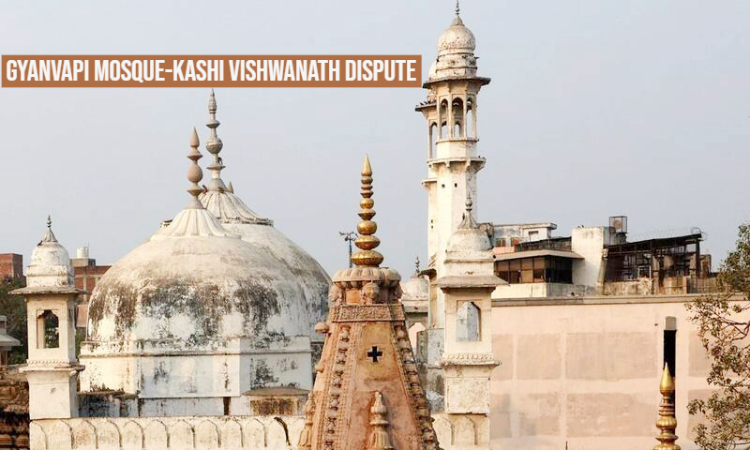Gyanvapi Case: Anjuman Committee Concludes Its Arguments Opposing Maintainability Of Hindu Worshippers' Suit Before Varanasi Court
Sparsh Upadhyay
12 July 2022 7:03 PM IST

Next Story
12 July 2022 7:03 PM IST
The Anjuman Islamia Masjid committee today concluded its arguments before the Varanasi District Court on its Order 7 Rule 11 CPC application questioning the maintainability of the suit filed by five Hindu women (plaintiffs) over the Gyanvapi Mosque-Kashi Vishwanath temple dispute.Today's hearing lasted for more than 2 hours, wherein the Anjuman Committee concluded its argument, and the...
